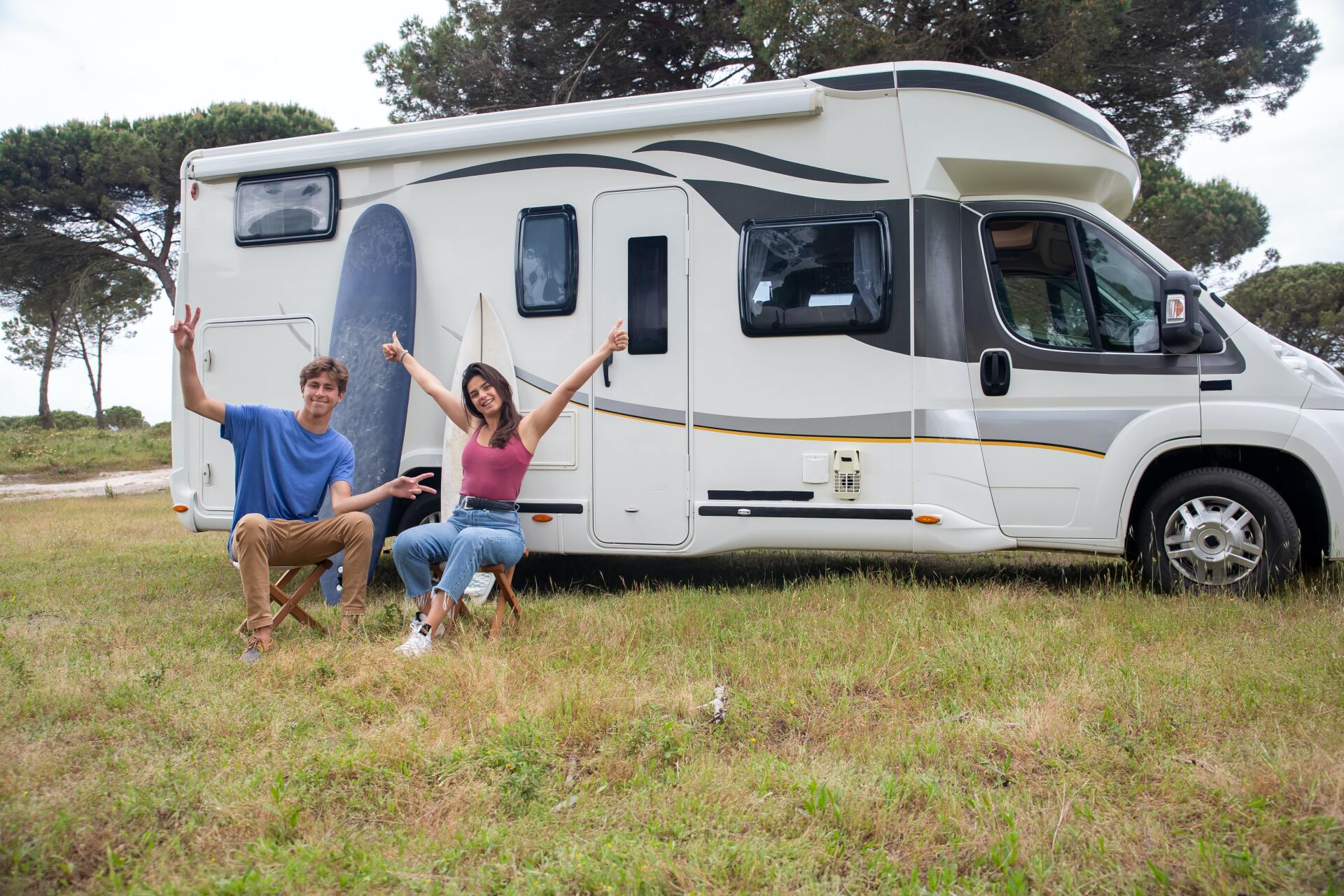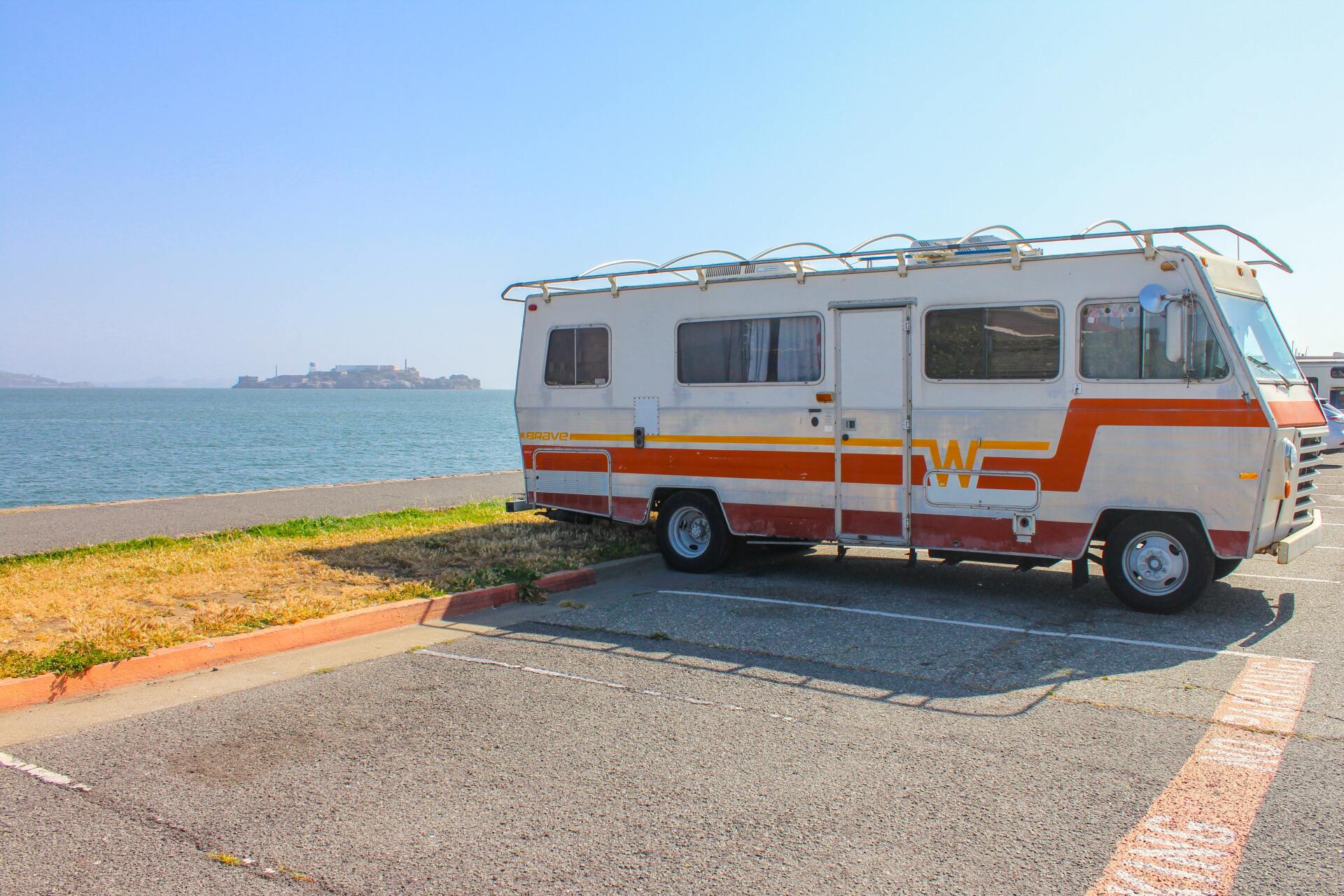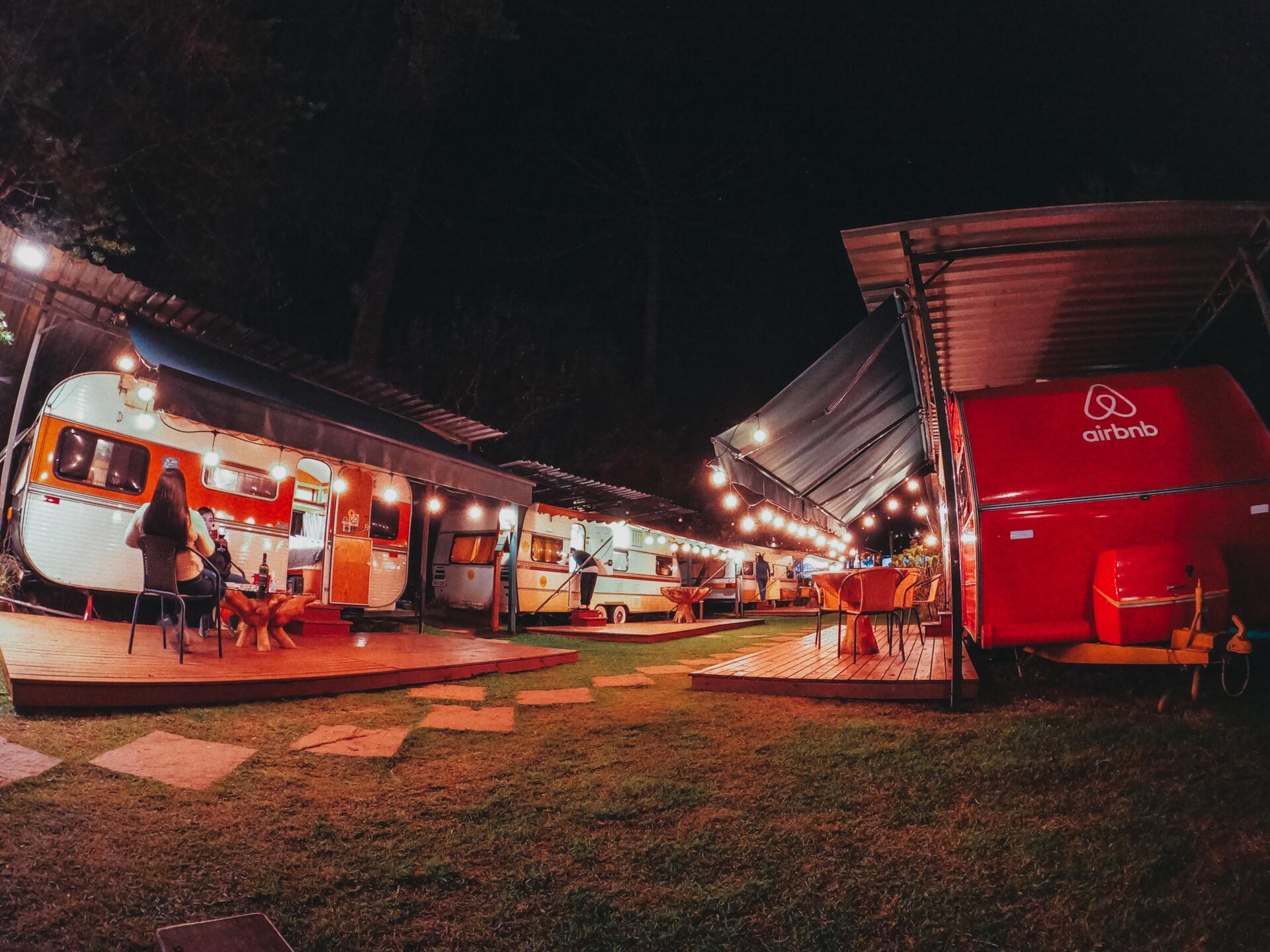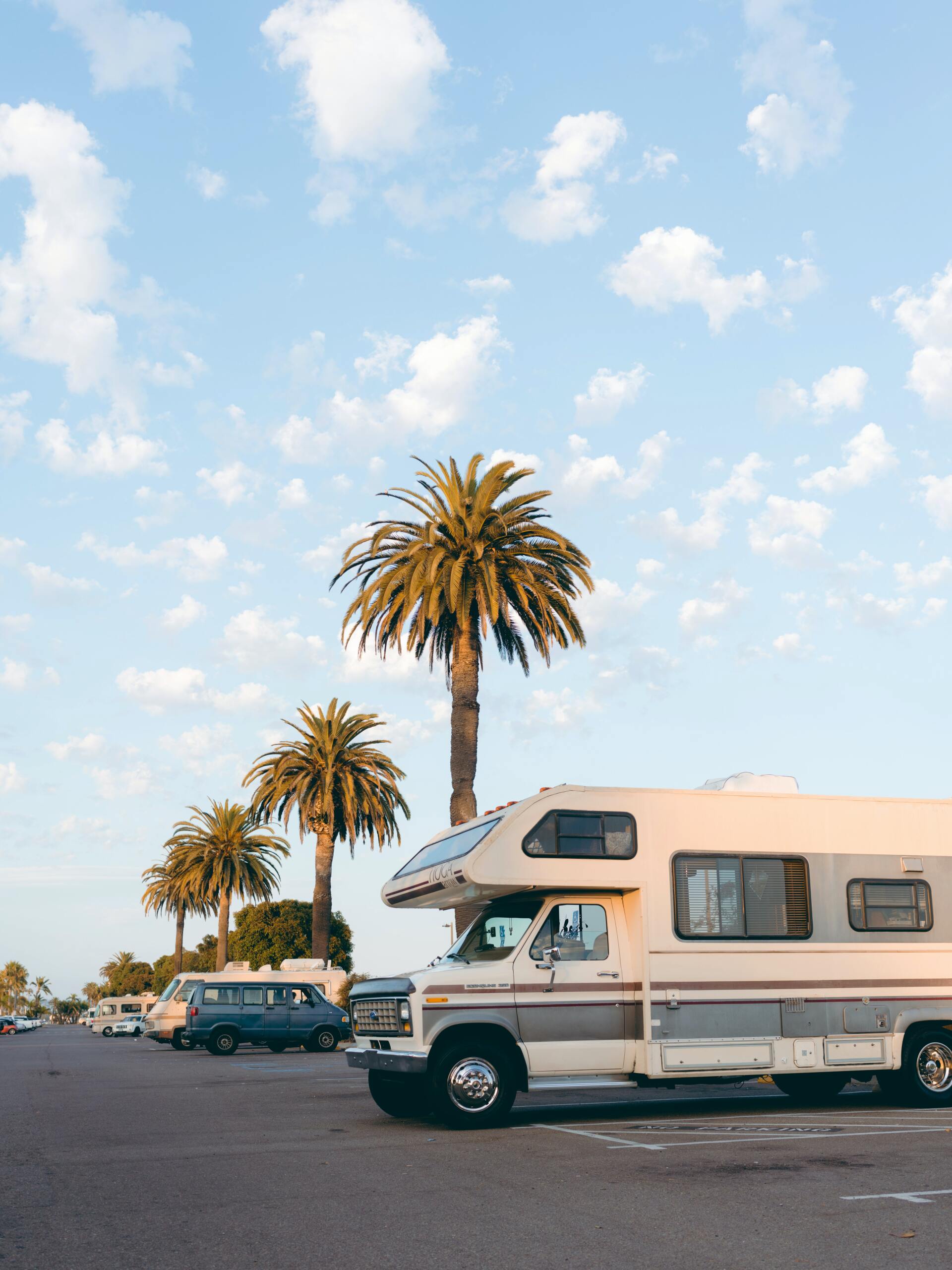RV Insurance — Protection for Your Recreational Vehicle
What is RV Insurance?
If you own an RV, chances are that at some point or another you dreamed of it and envisioned yourself traveling across this great nation in style. An RV can be a great investment that yields a fruitful return on investment in the form of adventure, quality family time, and unforgettable trips and landscapes. Like everything, however, it comes with some responsibility and insuring your recreational vehicle is part of it. RV Insurance is intended to protect yourself and other drivers in the event of an accident or collision. You also don’t want to lose your investment if you happen to get into an accident. The right policy will protect you and your vehicle.

Just like any other car, a recreational vehicle must also be covered in the event of an accident. RV insurance works similarly to all other auto insurance, except there are different categories and policy options depending on the size of your vehicle.
In the state of Texas, drivers are required to have insurance for their RV. Typically an RV policy will cover the vehicle, engine, and interior. Even when your vehicle is not being used, you must have an active policy on it. Some people might think that if your vehicle is sitting on your driveway, you don’t need to protect it. In the state of Texas, however, it is still necessary to cover your vehicle regardless of the frequency of use.
Types of RVs and How it Can Affect Your Coverage
Recreational vehicles are typically divided into different classes and categories. Regardless of whether you have a Class A, B, or C recreational vehicle, you need coverage. If you are unsure of what type of RV you have, these are the classifications:

Other Recreational Vehicles
There are also other types of Recreational vehicles that are classified differently but might still require coverage. These might fall under campers and travel trailers. Think of them as RVs without engines. Some of these might include conventional trailers, fifth wheel trailers, pop-up tent trailers, and mounted truck campers.
What Does RV Insurance Cover?
RV Insurance functions similar to regular auto insurance and covers a lot of the same things. The major differences lie in the fact that the RV is a much bigger vehicle and can, therefore, cause a lot more damage. You have the option of obtaining liability, collision, and comprehensive coverage. You can also insure additional protections for your personal belongings on board and other property. Though it varies with your particular policy, your coverage might include:
☑ Emergency costs
☑ Total loss replacement
☑ Towing and roadside coverage
☑ Uninsured or underinsured motorist coverage

Different Kinds of RV Insurance Policies
Just as with other vehicles, drivers have options as to what kind of coverage they want and whether they want to insure themselves beyond the required protection. Each state, however, does require some form of liability insurance. RV insurance works very similarly to other vehicle insurance. These are a few common options:
Liability Insurance:
Most states will require this as the minimum type of coverage you need to protect your vehicle. The main purpose of this type of insurance is to protect you from financial ruin in the event that you are at fault of an accident. It also guarantees that you are able to pay for the other driver’s injuries and property damage.
Collision Policy:
This type of coverage will cover damage to your RV regardless of who is at fault. It covers rollovers or other major accidents. If you are still financing your vehicle, this type of coverage is likely required. Progressive Insurance also includes some extra benefits at no additional cost that might include emergency expense, small and large accident forgiveness, and more.
Comprehensive Policy:
This coverage works similarly to auto comprehensive insurance. It covers your RV in the event of any type of damage or accident, which may include weather damage, theft, vandalism, or other unexpected accidents. It also covers collision in the event of an accident and will protect your injuries and property as well as that of the other driver.

Getting The Best Coverage for Your Vehicle
As a Progressive authorized agent, Advantage Insurance can find a customized policy for your RV depending on certain factors. For example, there are two main categories of RV insurance that depend on how you use it. If you reside in your recreational vehicle for more than six months at a time, you would look at a full-timer insurance policy. If you use your vehicle only for recreation—whether it be one or ten trips a year— you would need a recreational policy. Then, your policy would depend on what class of vehicle you have, the size, and your desired coverage.
Come by our offices and our experienced agents can walk you through the variety of policy options and the types of coverage you can receive with RV insurance. We are happy to discuss the variety of customizable options that are available to you through Progressive Insurance. We are happy to answer any questions you may have and we will help find the best policy for you!
Contact Advantage Insurance Today
Find your trusted Progressive authorized agent on the east side of El Paso. We are located on 11930 Vista Del Sol, Ste. A. Call us for more information, to set up an appointment, or to answer any questions you might have about your RV insurance policy options. Reach us at (915) 855-2996.
Services
Contact Us
Business Hours
- Mon - Fri
- -
- Sat - Sun
- Closed
All Rights Reserved | Advantage Insurance Agency

